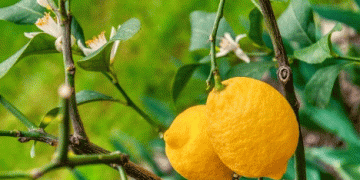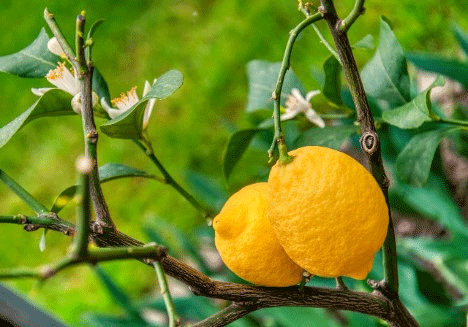In the past week, Spain experienced a mix of beneficial rain and destructive hail, creating a complex scenario for farmers in the Valencia region. While the rain helped replenish reservoirs and groundwater levels, it also resulted in severe hailstorms that inflicted damage on 1,500 hectares of kaki and citrus trees in municipalities such as Picassent and Benifaió.
According to the Valencian Farmers’ Association (AVA-ASAJA), the heavy rainfall was crucial in alleviating drought conditions that had plagued the region for an extended period. As of early 2024, water reserves were reported to be at critically low levels, significantly affecting agricultural outputs. The recent rains have raised reservoir levels, promising improved conditions for crop growth. However, the accompanying hail posed a serious threat, particularly as many crops were nearing harvest.
Hail Damage Assessment: Kaki and Citrus Trees Hit Hard
The impact of hail was particularly devastating for kaki trees, which bear fruit with a delicate skin that is vulnerable to damage. AVA-ASAJA’s preliminary estimates suggest that losses for kaki producers could range from 30% to 100%, with some plantations rendered unharvestable due to blemishes and bruising. Citrus trees, although affected, may take additional time to assess the full extent of damage as they have a more resilient exterior.
This situation not only threatens the immediate yield for farmers but also raises concerns about long-term market implications. The quality of the remaining fruit is crucial for marketability, and producers are anxiously waiting to see how the remaining crops will fare post-hail.
Agricultural Response: Seeking Support and Compensation
In response to the situation, AVA-ASAJA has initiated discussions with Agroseguro, Spain’s leading agricultural insurance provider, to expedite damage assessments and ensure prompt compensation for farmers. The organization is advocating for government support in the form of tax measures to alleviate financial burdens resulting from the losses.
The dual nature of this weather event underscores the vulnerability of farmers to unpredictable climate conditions. As agricultural engineers and agronomists continue to study the impacts of these events, there’s a pressing need for strategies to improve resilience against extreme weather. This includes investing in crop varieties that can withstand hail, enhancing drainage systems to prevent flooding, and developing insurance products tailored to the unique challenges faced by farmers.
Navigating Uncertainty in Agriculture
The recent rains in Valencia offer a glimmer of hope in overcoming drought conditions, but the severe hail damage poses significant challenges for farmers. As the agricultural community responds to this crisis, collaboration between farmers, agricultural engineers, and policymakers will be essential in mitigating losses and ensuring the resilience of the agricultural sector. By fostering innovations in crop management and enhancing support mechanisms, Spain can better navigate the uncertainties of climate change and protect its vital agricultural resources.































